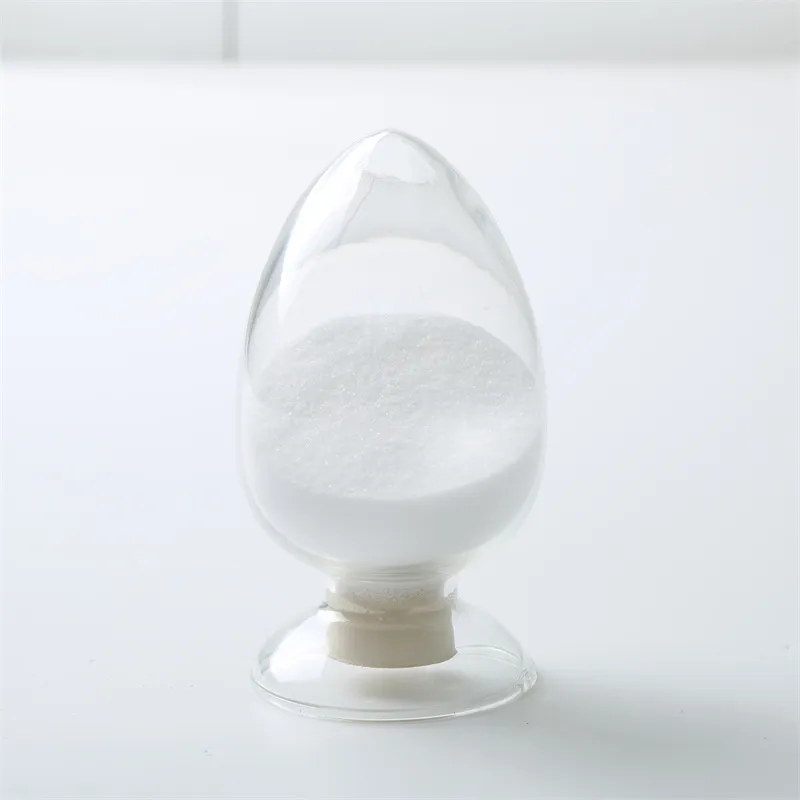Understanding Pharmaceutical Intermediates: The Backbone of Drug Development
2024-09-27
Pharmaceutical intermediates play a crucial role in the drug manufacturing process. These compounds, which serve as building blocks for active pharmaceutical ingredients (APIs), are essential for the development of effective and safe medications. In this blog, we’ll explore what pharmaceutical intermediates are, their significance in the industry, and the trends shaping their future.

What Are Pharmaceutical Intermediates?
Pharmaceutical intermediates are chemical compounds that are produced during the synthesis of APIs. They may not have therapeutic effects on their own but are critical for the final stages of drug formulation. These intermediates can vary widely in structure and complexity, depending on the intended API.
Importance of Pharmaceutical Intermediates
1. Synthesis Efficiency: Intermediates allow for the stepwise synthesis of complex molecules, improving the efficiency and scalability of drug production.
2. Cost-Effectiveness: By using intermediates, manufacturers can reduce the costs associated with developing APIs, making medications more affordable for patients.
3. Quality Control: The production of intermediates is closely monitored, ensuring that the final API meets safety and efficacy standards.
4. Flexibility in Drug Development: Pharmaceutical intermediates enable chemists to explore various pathways and optimize the synthesis of new drugs.
Types of Pharmaceutical Intermediates
1. Basic Intermediates: These are simple compounds that serve as the foundational building blocks for more complex molecules.
2. Advanced Intermediates: These compounds undergo further chemical transformations and are closer to the final API structure.
3. Chiral Intermediates: Used in the production of chiral drugs, these intermediates are essential for creating enantiomers that can have different therapeutic effects.
Trends in Pharmaceutical Intermediates
1. Green Chemistry: There is a growing emphasis on sustainability within the pharmaceutical industry. Manufacturers are increasingly adopting green chemistry principles to minimize waste and reduce environmental impact during the production of intermediates.
2. Automation and Technology: Advancements in technology, including automation and artificial intelligence, are enhancing the efficiency and precision of intermediate production, allowing for faster drug development cycles.
3. Outsourcing and Globalization: Many pharmaceutical companies are outsourcing the production of intermediates to contract manufacturing organizations (CMOs) to reduce costs and focus on core competencies. This trend is also leading to increased globalization of supply chains.
4. Regulatory Compliance: As the regulatory landscape evolves, companies must ensure that their processes for producing intermediates comply with stringent quality standards, including Good Manufacturing Practices (GMP).
Conclusion
Pharmaceutical intermediates are a vital component of the drug development process, providing the necessary building blocks for APIs. As the industry continues to evolve, trends such as green chemistry, technological advancements, and outsourcing are shaping the future of intermediate production. By understanding the significance of these compounds, stakeholders can better appreciate the complexity and innovation involved in bringing new medications to market.
If you have specific questions about pharmaceutical intermediates or want to explore particular aspects in more detail, feel free to ask!


